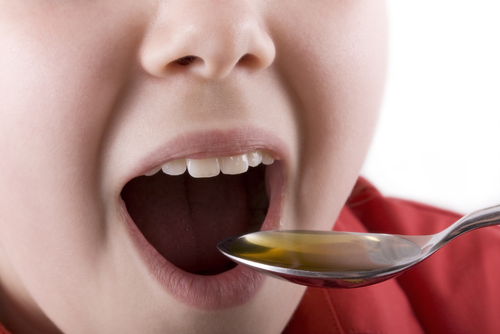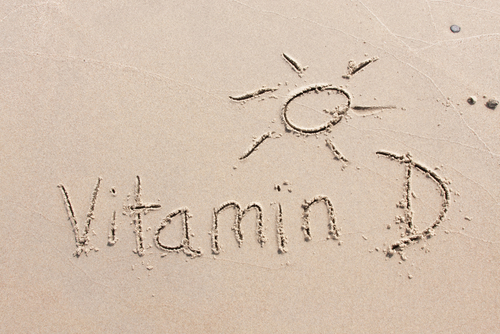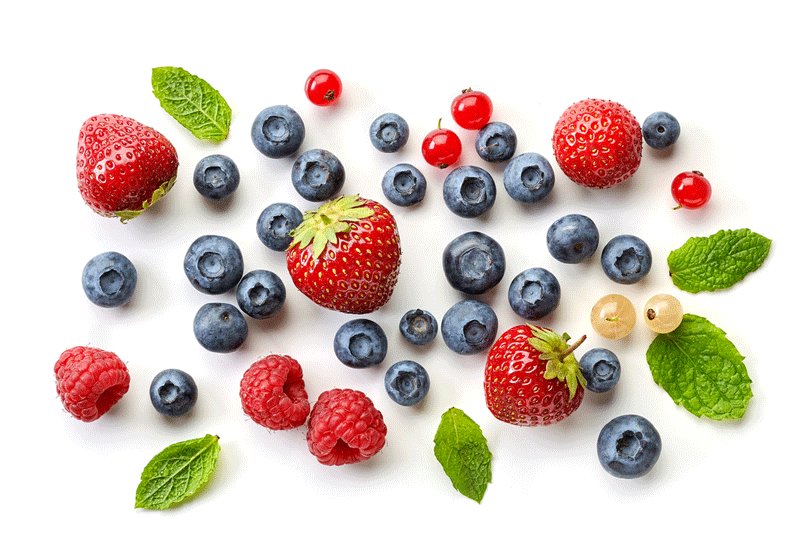
June 28, 2018
Is cod liver oil a health trend of the past that has recently fallen out of favour or have we missed something in it that’s worthy of our attention?
Cod liver oil was esteemed as a nutritional powerhouse as well as both an internal and external remedy. Back in the 1830s, cod liver oil was being used to treat tuberculosis, rickets, bone diseas...
April 28, 2018
A pretty intense molecule made right under our skin in broad daylight. But little do we know that Vitamin D is actually not a vitamin but a hormone. This means it does exponentially more than a nutrient nourishing our cells. Vitamin D binds to receptors in the body to produce certa...
Read more

March 6, 2018
In Singapore, Age-related Macular Degeneration (AMD) is the third most common cause of blindness and low vision for people aged over 60. Locally, the overall risk of AMD is 4.7%, climbing to 8% at 60 years old and hitting 16.3% for those aged 70 to 79 years old.
 Foods High in Quercetin for a Stronger Immunity
Foods High in Quercetin for a Stronger Immunity Five Fast Fishy Facts
Five Fast Fishy Facts What is Astaxanthin?
What is Astaxanthin?